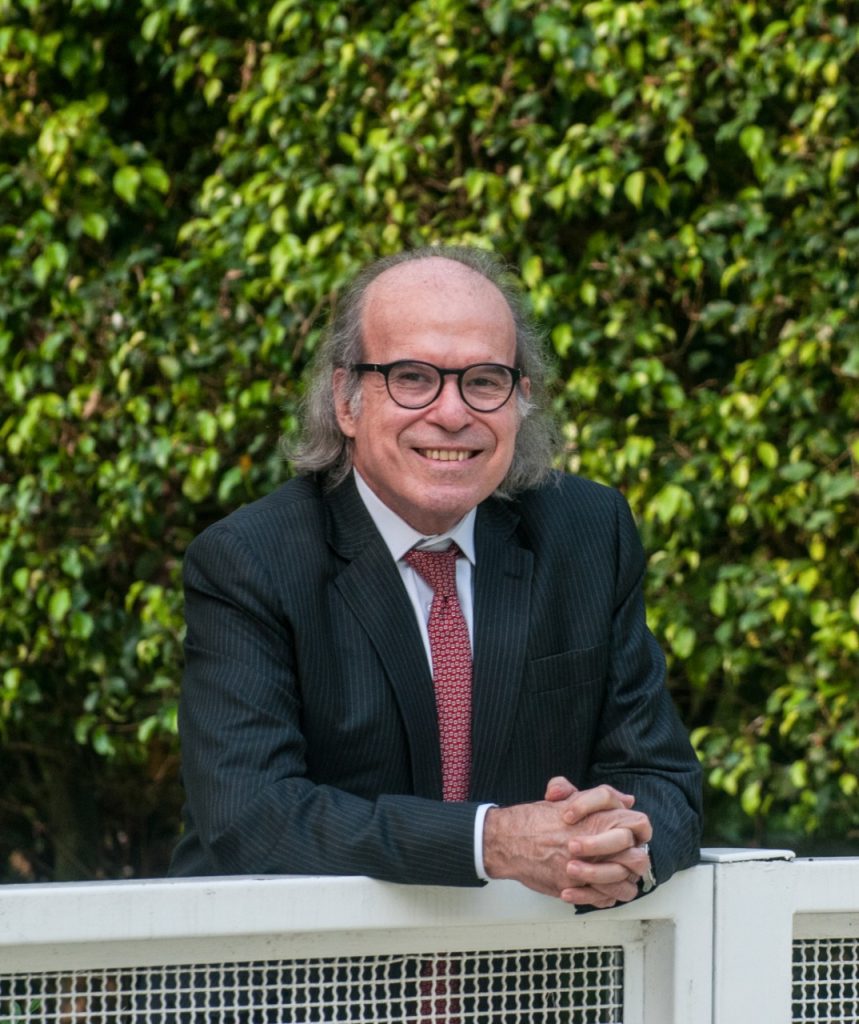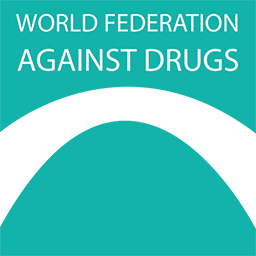The article was written by Doctor Jorge Jaber for the Newspaper Correio da Manhã in Brazil on July 28th – The original language is Portuguese and the version below is translated into English.
In June, the Federal Supreme Court resumed the analysis of a thorny issue: the decriminalization of possession of drugs for personal consumption. The delay of the highest Brazilian court in evaluating the process – it was ruled in 2011 – shows the subject’s relevance, whose impacts, even before the final decision, are worth evaluating.
This is not, it should be noted, a “general release” for drugs. By law to be voted on, production and sale remain prohibited. Only the postage, in a small amount, will be tolerated. The idea is to prevent drug users – not always criminals – from being sentenced to incarceration in one of our already overcrowded prisons. This creates a population that is completely at the margins of society, affecting families and keeping students and professionals away from their activities, with damage to the national economy itself.
From the perspective of public health, decriminalization raises some concerns. We will undoubtedly be facing a stimulus to the consumption of substances considered light, such as marijuana. In a country where tobacco and alcohol are part of the routine of countless minors, the recreational use of cannabis, already viewed with benevolence by various sectors of society, will tend to grow, affecting, in particular, the health of our children and young people.
In this age group, with cells still in formation, the effect of chemical substances is more intense, mainly on brain functions. This means, in the most severe cases, serious impairment of cognitive ability. The increase in consumption, especially in the less favoured classes – normally with little access to medical resources – will increase the number of poisonings and, consequently, the demand for emergency services.
The cost of this scenario is collective, and the mission to face it is the same. Improving both prevention and care work, we can anticipate the risks that the simple prospect of decriminalizing the possession of such substances may present us.




Leave a Reply
You must be logged in to post a comment.